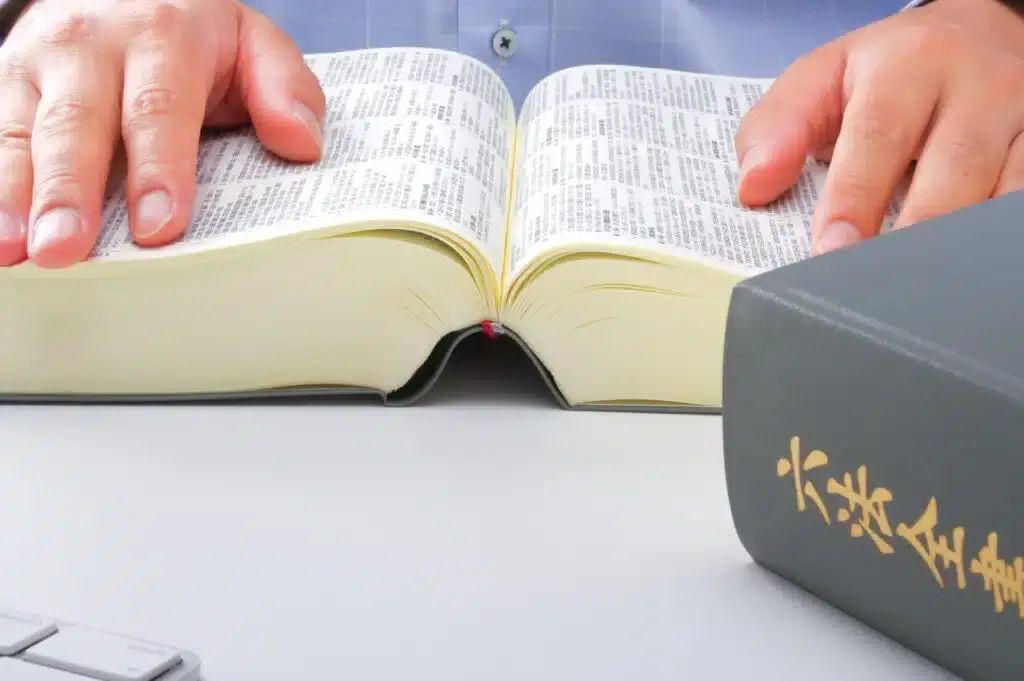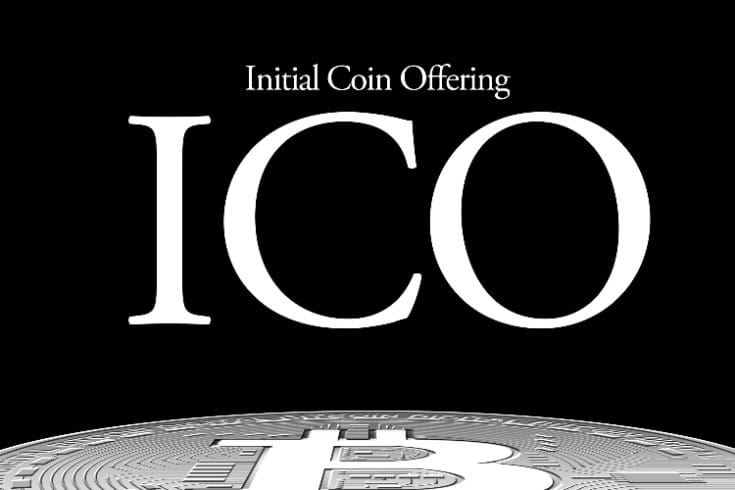What is the Prize Money Limit in eSports Tournaments?

“eSports” is an abbreviation for “Electronic Sports”. Broadly speaking, it refers to any form of entertainment, competition, or sport that utilizes electronic devices. Specifically, it is the term used when viewing competitive matches using computer games and video games as sports competitions. Recently, such eSports are being held as competitive tournaments around the world, with prize money being awarded to the winners and other high-performing participants.
However, the prize money for eSports tournaments may be limited to 100,000 yen or less due to the Japanese Prize Stipulation Law. If you are considering hosting a large-scale tournament with sponsors and inviting professional gamers to participate, the fact that you can only offer a first prize of 100,000 yen is a significant limitation. So, how can you legally host a large-scale eSports tournament under these legal regulations?
What is the Act against Unjustifiable Premiums and Misleading Representations?

The Act against Unjustifiable Premiums and Misleading Representations, commonly known as the “Premiums and Representations Act,” is a law that regulates practices such as making false representations about products or services, and attracting customers by offering high-value premiums. This “premium” can include prizes for competitions such as e-sports, making it a law that is also related to e-sports. Although it is not directly related to this article, for example, so-called “stealth marketing” can also be illegal under the Premiums and Representations Act.
The purpose of the Premiums and Representations Act is stipulated in Article 1.
“Act against Unjustifiable Premiums and Misleading Representations” (Purpose)
Article 1 This Act aims to protect the interests of general consumers by regulating and prohibiting acts that may hinder the voluntary and rational choice of general consumers, in order to prevent customer attraction by unjustifiable premiums and representations related to the transactions of goods and services.
Thus, the Premiums and Representations Act aims to protect an environment where consumers can independently and rationally choose better products and services, by strictly regulating false representations of product or service quality, content, price, etc., and limiting the maximum amount of premiums to prevent the provision of excessive premiums.
The Relationship Between the Japanese Prize Labeling Act and Prize Money in eSports Tournaments
In eSports tournaments, if the prize money falls under the category of “prizes” provided by “lotteries” as defined by the Japanese Prize Labeling Act, there is a possibility that the amount may be limited to 100,000 yen or less. The issues at hand are the following two points:
- Whether the prize money in eSports tournaments falls under the category of “prizes” as defined by the Japanese Prize Labeling Act.
- Even if it falls under the category of “prizes”, does it qualify as a “prize” provided by a “lottery”? For example, when an electronics retailer provides some kind of goods to all visitors, these goods qualify as “prizes” because they encourage visits, but they do not qualify as “prizes” provided by a “lottery” (however, they are subject to regulation as total attached prizes). On the other hand, when a plan is widely announced on TV or websites, and you can apply via a postcard or website, and goods or money are provided by lottery, these goods or money are provided by a “lottery”, but because they do not require the purchase of goods/services or a visit, they do not qualify as “prizes”.
Does the Prize Money in eSports Tournaments Fall Under the “Prizes” as Defined by the Japanese Prize Labeling Act?

The Japanese Prize Labeling Act (Article 2, Paragraph 3) defines “prizes” as follows:
“Unfair Prizes and Misrepresentation Prevention Act” (Definition)
Article 2
1-2 (Omitted)
3 In this Act, “prizes” refer to goods, money, or other economic benefits provided by a business operator in conjunction with the transaction of goods or services they supply (including real estate transactions), regardless of whether the method is direct or indirect, or whether it is by lottery, and designated by the Prime Minister.
Therefore, for the prize money in eSports tournaments to be considered as “prizes” under the Japanese Prize Labeling Act, it must meet the following four requirements:
- The awarding of the prize money is done as a “means to attract customers”
- The awarding of the prize money is done by a “business operator”
- The awarding of the prize money is done “in conjunction with the transaction of their own supplied goods or services”
- The prize money is “goods, money, or other economic benefits designated by the Prime Minister”
Among these, for 2, most of the organizers or providers of the prize money in eSports tournaments are business operators, and for 4, money is included in the items designated by the Prime Minister, so both meet the requirements.
Therefore, if the awarding of the prize money is 1. “a means to attract customers” and 3. “in conjunction with the transaction of their own supplied goods or services”, the prize money in eSports tournaments will be considered as “prizes” under the Japanese Prize Labeling Act.
What Does “A Means to Attract Customers” (Customer Attractiveness) Mean?
Whether there is customer attractiveness is determined not by the subjective intention of the provider or the name of the plan, but by whether it objectively serves as a means to attract customers. Also, the presence or absence of customer attractiveness may change depending on the attributes of the prize provider and the nature of the tournament.
If the Provider of the Prize Money is the Manufacturer or Seller of the Game Used in the eSports Tournament
If the game used in the eSports tournament is being sold, the participants of the tournament will need to purchase the game and practice repeatedly in order to win the prize money as top performers. Therefore, if the provider of the prize money is the manufacturer or seller of the game used in the eSports tournament, the provision of the prize money can be considered as being done as a “means to attract customers”.
If the Provider of the Prize Money is Not the Manufacturer or Seller of the Game Used in the eSports Tournament
For example, if a business operator not involved in the production or sale of the game used in the tournament, such as an event management company, provides the prize money, the participants who purchase the game are not considered to be customers of the business operator. Therefore, the provision of the prize money is not considered to be done as a “means to attract customers”, and thus, the prize money can be considered not to fall under the “prizes” as defined by the Japanese Prize Labeling Act.
Differences in the Judgment of Customer Attractiveness Depending on the Nature of the Tournament
As for the nature of eSports tournaments, we can assume tournaments where general users are the competitors and tournaments where famous players are the competitors and general users mainly watch. Among these, in the case of tournaments where general users watch, even if the provider of the prize money is the manufacturer or seller of the game used in the eSports tournament, the customers that the company is trying to attract are the general users who watch the tournament, and the prize money given to the top performers is provided to encourage the participation of famous players who show high-level play. Therefore, the prize money is not considered to be provided as a “means to attract customers”, and thus, the prize money can be considered not to fall under the “prizes” as defined by the Japanese Prize Labeling Act.
What Does “In Conjunction with the Transaction of Their Own Supplied Goods or Services” (Transaction Conjunction) Mean?
Whether there is transaction conjunction needs to be judged individually and concretely by looking at the form of the transaction or provision, but basically, it can be considered as follows. That is, since Article 1 of the Japanese Prize Labeling Act stipulates that the purpose of the Act is to “prevent the attraction of customers by unfair prizes… related to the transaction of goods and services”, “in conjunction with the transaction” is interpreted to mean the same as “related to the transaction”, which is broader than “conditional on the transaction”. Therefore, even if the transaction is not conditional, if the provision of economic benefits is done in a form that could directly lead to the customer’s decision to purchase, it can be said that there is transaction conjunction.
For example, in cases where economic benefits are provided to the respondents of a quiz posed in a newspaper, but the answers or hints to the quiz cannot be understood unless the product is purchased, it can be said that it is a case where it is possible or easy to receive the provision of economic benefits by purchasing goods or services. In such cases, since the provision of economic benefits is done in a form that could directly lead to the customer’s decision to purchase, transaction conjunction is recognized.
Response to the Inquiry to the Consumer Affairs Agency and Consideration Based on It
There is a case where a business operator who supplies a paid action game to general consumers held a competition that anyone can participate in using the action game, and the business operator provided prize money to the top performers in the competition, and the business operator inquired to the Consumer Affairs Agency whether the prize money falls under “prizes” through the procedure for prior confirmation of legal application (Sho-Hyo-Tai No. 1306). In response to the above inquiry, the Consumer Affairs Agency, assuming that according to the “Operating Standards for the Notification of Designation of Prizes, etc.” (Director-General of the Bureau’s Notice No. 7 of April 1, Showa 52), “when it is possible or easy to receive the provision of economic benefits by purchasing goods or services”, transaction conjunction is recognized, the inquirer said that in principle, repeated game play is necessary for skill improvement in this action game, so it is considered that the possibility of non-paying users winning the prize money as top performers is low. Therefore, the competition is one where it is possible or easy for paying users to receive the provision of economic benefits in the form of prize money, and the prize money provided to the top performers in the competition is considered to be a “transaction-related” provision.
On the other hand, there is also the following view. That is, although it is necessary to play the game repeatedly for skill improvement in general, purchasing the game is just a start for skill improvement, and it cannot be said that it is “possible or easy” to win the prize money in the tournament just by purchasing the game.
Also, the above operating standards stipulate “when it is possible or easy to receive the provision of economic benefits by purchasing goods or services” as an example, and it can be considered that it is limited to cases where the purchase of goods or services directly facilitates the acquisition of economic benefits, such as cases where the correct answer to a quiz can be derived by purchasing a product.
Assuming this view, the awarding of the prize money in eSports tournaments cannot be said to be done “in conjunction with the transaction of their own supplied goods or services”, and the prize money can be considered not to fall under the “prizes” as defined by the Japanese Prize Labeling Act. Thus, there can be two opinions on whether there is transaction conjunction in the provision of prize money in eSports tournaments. The presence or absence of transaction conjunction needs to be judged by comprehensively considering individual circumstances, and it is a delicate issue that needs to be dealt with on a case-by-case basis, so it is recommended to consult with an expert.
Even if it falls under “prizes”, does it fall under the category of prizes provided by “lotteries”?

According to the Japanese “Lottery Restriction Notice”, a “lottery” is defined as a method that uses chance, such as a lottery, or determines the recipient or the value of the prizes based on the superiority or correctness of a specific action. The Notice also indicates that one of the methods to determine the recipient of the prizes based on the superiority or correctness of a specific action includes determining by the superiority of bowling, fishing, contests, performances, games, etc. From this, it could be inferred that the prize money in eSports tournaments may be considered as being provided by a “lottery”.
On the other hand, the Notice states an exception that “However, methods that determine by the superiority of sales contests, display contests, etc., or the transaction volume or other transaction conditions of the counterpart business operator are not included.” The reason for this exception is understood to be that it is not appropriate to subject the provision of prize money for the purpose of transaction performance or sales promotion to prize regulations as a “lottery” in light of the purpose of the Lottery Restriction Notice. For this reason, there is also an opinion that the prize money in eSports tournaments does not fall under the “lottery” in the Lottery Restriction Notice. Thus, there can be two sides to whether it falls under a “lottery”. The applicability of a “lottery” is a case-by-case issue, so we recommend consulting with an expert.
Implications of eSports Tournament Prizes Falling Under the Category of “Prizes” Provided by “Lotteries” as Defined by the Japanese Prize Labeling Law
If the prize money in eSports tournaments falls under the category of “prizes” provided by “lotteries” as defined by the Japanese Prize Labeling Law, according to the Lottery Limitation Notice Article 2, the maximum amount of the prize cannot exceed 20 times the value of the transaction related to the lottery (if this amount exceeds 100,000 yen, it cannot exceed 100,000 yen).
Summary: Consult Lawyers on the Prizing money Limit Falling Under the Act against Unjustifiable Premiums and Misleading Representations
As such, whether or not a limit of 100,000 yen applies to the prize money in e-sports tournaments is a complex legal issue that depends on:
- Whether the provider of the prize money is the company that produces and sells the game used in the e-sports tournament (Discussion on customer inducement under the Japanese Premiums and Representations Act)
- Whether it is a tournament that general users watch (Same as above)
- Whether the method of determining the awarder of the prize money can be said to be a method determined by the superiority or inferiority of the transaction volume and other transaction conditions of the other party’s business, such as sales contests and display contests (Discussion on sweepstakes under the Japanese Premiums and Representations Act)
Therefore, if you are unsure about how much prize money to offer in an e-sports tournament, you should not make the decision on your own, but consult with an expert.
Category: General Corporate
Tag: General CorporateIPO





















